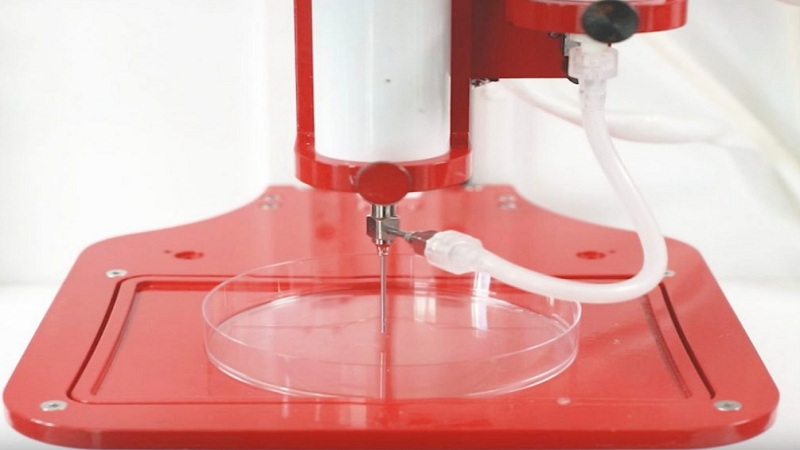
Allevi, a Bioprinter Company launched in 2014 has been famous for bioprinters such as Allevi One to Allevi 6, but they are also selling the Ink Kits usable with their printers, aiming at binding customers, getting revenue and building stronger relationship with their customers. After the FRESH Kit, they have launched Coaxial Extrusion Kit, which can create perfusable microchannels with hydrogels and cast endothelial microchannels, thus extending their use in all sorts of tissue types from Cartilage, Skeletal muscle, hearts and tumors.